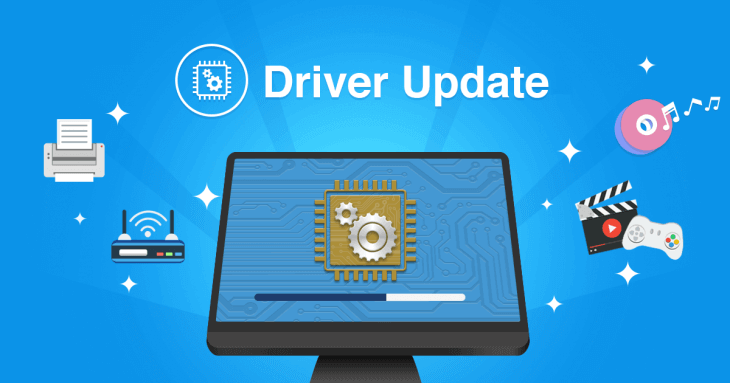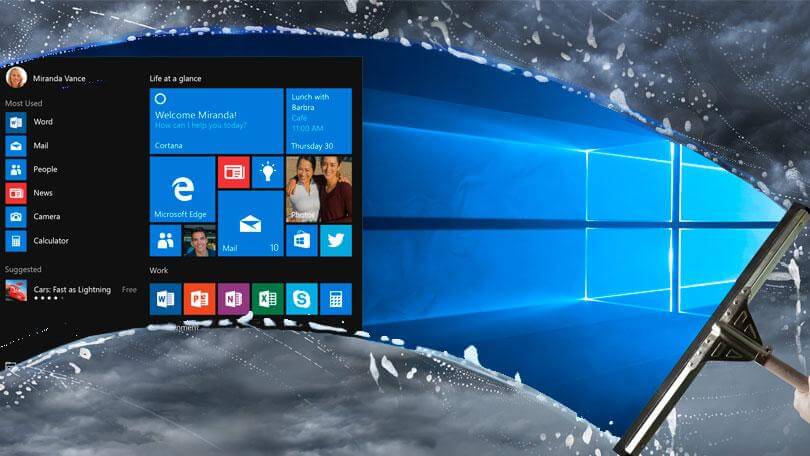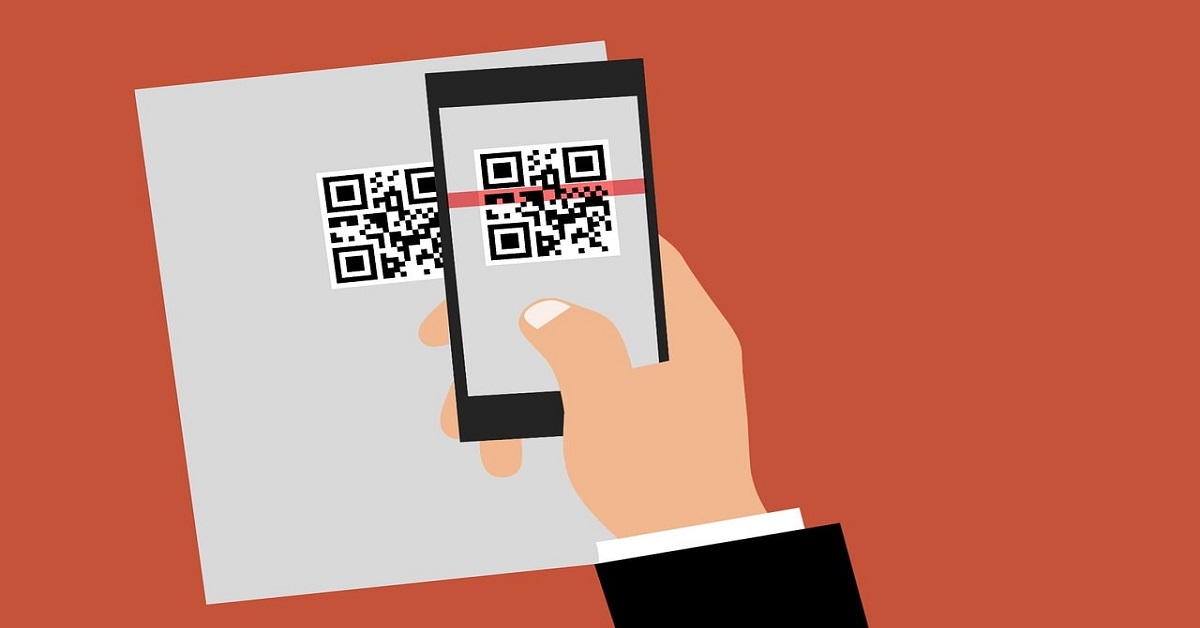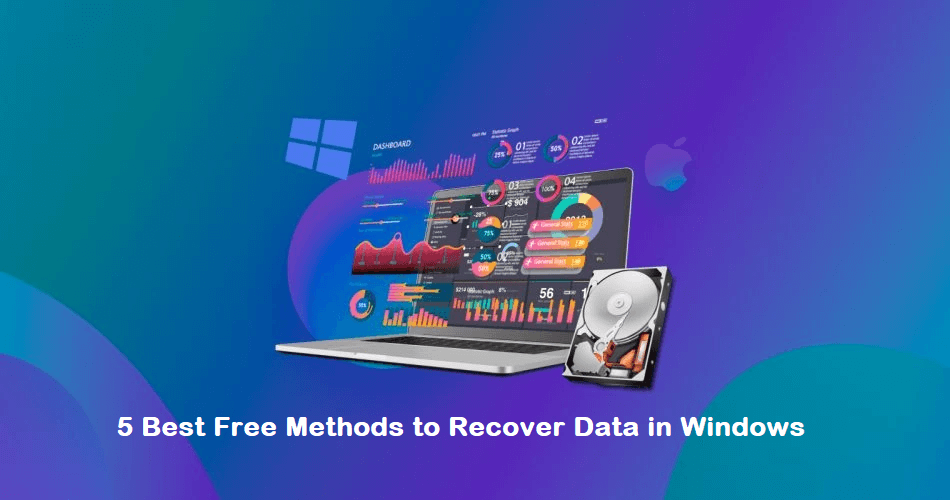How to Build a Fintech App for Your Startup
Table of Contents
· Introduction
· Types of fintech mobile apps in the market
- Wallets & payment apps
- Mobile banking apps
- Digital credit apps
- Investment apps
- Digital insurance apps
- Financial management apps
· Steps to build a fintech mobile app
- Market Research
- Choose the right tech stack
- Hire a mobile app development team
- UI/UX design
- QA testing
- Release required updates
. Steps to monetizing fintech mobile app
- Subscriptions
- Transaction fee
- Ads & Referrals
- Selling customer data
- Selling APIs
· Wrapping up
___________________________________________________________________________
The financial technology industry, or FinTech, has emerged to meet consumer needs for easier, faster, and safer financial transaction processing. Global digital transformation has allowed technology to penetrate almost every area of every known industry in the world. So it’s no wonder the financial sector has also seen significant digital improvements.
According to a recent report, the global fintech market is expected to reach USD 16652680 million by 2028 at a Compound Annual Growth Rate (CAGR) of 13.9%. Therefore, there are enormous investment opportunities for both FinTech start-ups and companies. If you are building a fintech app, this is an excellent time to employ proficient mobile app developers.
Building great apps that can grow your business involves several challenges. Which fintech market niche do you want to target? What features and technologies are available? This article describes everything you need to know to start your project and hire dedicated app developers to build robust applications.
Now let’s explore the types and steps to build a fintech mobile app and ways to monetize it.
Types of fintech mobile apps in the market
Choosing the right development direction is important in determining the success of the FinTech app. To assist in these tasks, we have listed the main categories of FinTech apps.
It will give you valuable insights into the current trends in the fintech market.
● Wallets & payment apps
Digital payment methods integrated with apps and online platforms are the most common and basic type of fintech solution. Mobile wallets, which facilitate online payments for offline and online purchases, are currently the most popular fintech solutions. Major fintech apps in this segment include Google Pay, Apple Pay, Braintree, Stripe, PayPal, and many more.
● Mobile banking apps
Mobile banking has become the preferred option for customers who need to manage their bank accounts and complete financial transactions quickly and without assistance. To meet these demands, online mobile and digital-only banks were born. Many traditional banks such as Bank of America, Citibank, PNC, and Wells Fargo have built fintech apps for their customers to withstand intensifying competition in this sector.
● Digital credit apps
Digital lending and credits have changed the process of issuing and renewing loans. From simple lending apps and websites to comprehensive automated platforms, digital lending software enables users to process credit requests efficiently and effectively interact with lenders and borrowers. Therefore, independent digital lenders like Upstart, Prosper, Grain, Petal card, and several others leverage FinTech mobile apps to improve their businesses.
● Investment apps
Investment apps like Merrill, Vanguard, Ameritrade, SoFi, etc., are becoming increasingly popular because they provide users with valuable information about different investment products and programs. It also helps them quickly compare and select different investment options. These apps cover a wide range of investment products and opportunities, from stock market investments to fixed income, secure long-term deposits, commodities, and currencies.
● Digital insurance apps
Digital Insurance or Insurtech deals with technologies used in the insurance industry. The main goal is to speed up policy management and billing processing. Insurtech also helps reduce the potential for fraudulent claims. Insurtech’s solution ranges from simple websites that provide one-hour insurance to car insurance to complex CRM systems. Companies like Insurify, Metromile, ROOT, and Ladder are some big names leveraging FinTech mobile apps for their business.
● Financial management apps
Another major type of fintech app that is gaining popularity is the financial management app. These apps basically try to help customers plan their financial budget, spend money for higher profits, save better and track better expenses. Financial management apps include payment gateways like Stripe, Worldpay, Dwolla, Amazon payments, etc.; financial forecasting apps such as Anaplan, Jirav, Jedox, etc.; and budgeting apps like Mint, YNA, EveryDollar, and Personal Capital.
Steps to build a fintech mobile app
Sometimes you don’t know where to start. Do not worry. We have prepared a detailed explanation of the FinTech development process. These clear steps will help you successfully create a fintech app that users will love.
1. Market research
The first task is to do market research. You must identify what is popular with your competitors and your target audience. You should hire qualified business analysts and product managers to help you tackle this important step efficiently. You can work with these specialists to build a vision for your solution, develop solid business cases, and define your most important characteristics. This thorough refinement at this stage will help reduce the cost of building fintech apps and reduce time to market in the long run.
2. Choose the right tech stack
You should choose a technology stack consisting of front-end, back-end, and database solutions based on your target OS platform and the nature of your app’s capabilities and performance expectations. You can rely on cross-platform technologies such as Flutter, React Native, Xamarin, and Python for cross-platform development. Native development will most likely rely on platform-specific languages when integrating APIs to integrate banking capabilities.
3. Hire a mobile app development team
As mentioned earlier, you need a team of experts to build mobile fintech apps. You can take the help of a mobile app development company. Ensure that the purpose and process of building your app are adequately communicated to each team member.
You need to hire candidates with expertise in the following domains:
- UI designing
- Web development (HTML, CSS, JavaScript, etc.)
- Android Development (Java, Kotlin, Android Studio, etc.)
- iOS Development (Swift/Objective-C)
- Software testing
- DevOps engineering
4. UI/UX design
It is crucial to build an app that provides users with a great experience and is easy to use. Choose a bright color for your app. Add user-friendly features. Don’t clutter your UI with unnecessary features. However, remember that all the features you need should be available on your dashboard without the user having to do a time-consuming search.
5. QA testing
Finally, running your app for rigorous QA testing before launching it to the market is always a good idea. Many fintech apps have released a beta to create app users within a selected number of trusted customers and address the cause of failure based on feedback and input to launch the perfect app.
6. Release required updates and take feedback
In the IT world, there is something new every day. Launching the app does not end the development process. Once you’ve received valuable feedback, you must continuously improve and update the application. A continuous update cycle is an essential aspect of developing FinTech apps. That’s why you must hire dedicated mobile app developers who can continuously oversee the update cycle and make changes according to feedback.
Steps to monetizing fintech mobile app
Once you decide to create a FinTech app, it’s important to choose a monetization model. Later, when the app is up and running, you can introduce additional features and service options based on various monetization principles. Still, you have to start with something to get a return on your investment. Here are a few examples of the most common monetization model used by well-known fintech companies today.
- Subscriptions: According to this model, app users are required to pay a monthly or annual subscription fee to use the app. Users typically get free or restricted access to the app during a short trial period, after which they can choose to subscribe.
- Transaction fee: According to this model, users must pay transaction fees for all financial transactions made through the app. This is a successful monetization model for stock trading, currency exchange, and investment apps.
- Ads & referrals: This model can only succeed if the fintech app has a large customer base. Users who click on ads or opt-in for referrals can create revenue for the app.
- Selling APIs: Payment gateway service providers and other fintech companies also make money by offering custom APIs for third-party transaction access.
Wrapping up
The fintech market is growing at an unprecedented rate, with more consumers essentially offering digital banks, online insurers, smart budget apps, digital wallets, and a wide range of trading platforms to support a wide range of cryptocurrencies.
Now is the perfect time to develop mobile apps for FinTech and become one of the many companies shaping the future outlook for a completely digital economy. Developing groundbreaking fintech apps with the right ideas and the help of competent technology partners has never been more important.
Popular Post
Recent Post
How to Troubleshoot Xbox Game Bar Windows 10: 8 Solutions
Learn how to troubleshoot and fix issues with the Xbox Game Bar not working on Windows 10. This comprehensive guide provides 8 proven solutions to resolve common problems.
How To Record A Game Clip On Your PC With Game Bar Site
Learn how to easily record smooth, high-quality game clips on Windows 11 using the built-in Xbox Game Bar. This comprehensive guide covers enabling, and recording Game Bar on PC.
Top 10 Bass Booster & Equalizer for Android in 2024
Overview If you want to enjoy high-fidelity music play with bass booster and music equalizer, then you should try best Android equalizer & bass booster apps. While a lot of these apps are available online, here we have tested and reviewed 5 best apps you should use. It will help you improve music, audio, and […]
10 Best Video Player for Windows 11/10/8/7 (Free & Paid) in 2024
The advanced video players for Windows are designed to support high quality videos while option to stream content on various sites. These powerful tools support most file formats with support to audio and video files. In this article, we have tested & reviewed some of the best videos player for Windows. 10 Best Videos Player […]
11 Best Call Recording Apps for Android in 2024
Whether you want to record an important business meeting or interview call, you can easily do that using a call recording app. Android users have multiple great options too. Due to Android’s better connectivity with third-party resources, it is easy to record and manage call recordings on an Android device. However it is always good […]
10 Best iPhone and iPad Cleaner Apps of 2024
Agree or not, our iPhones and iPads have seamlessly integrated into our lives as essential companions, safeguarding our precious memories, sensitive information, and crucial apps. However, with constant use, these devices can accumulate a substantial amount of clutter, leading to sluggish performance, dwindling storage space, and frustration. Fortunately, the app ecosystem has responded with a […]
10 Free Best Barcode Scanner for Android in 2024
In our digital world, scanning barcodes and QR codes has become second nature. Whether you’re tracking packages, accessing information, or making payments, these little codes have made our lives incredibly convenient. But with so many barcode scanner apps out there for Android, choosing the right one can be overwhelming. That’s where this guide comes in! […]
11 Best Duplicate Contacts Remover Apps for iPhone in 2024
Your search for the best duplicate contacts remover apps for iPhone ends here. Let’s review some advanced free and premium apps you should try in 2024.
How To Unsubscribe From Emails On Gmail In Bulk – Mass Unsubscribe Gmail
Need to clean up your cluttered Gmail inbox? This guide covers how to mass unsubscribe from emails in Gmail using simple built-in tools. Learn the best practices today!
7 Best Free Methods to Recover Data in Windows
Lost your data on Windows PC? Here are the 5 best methods to recover your data on a Windows Computer.






















